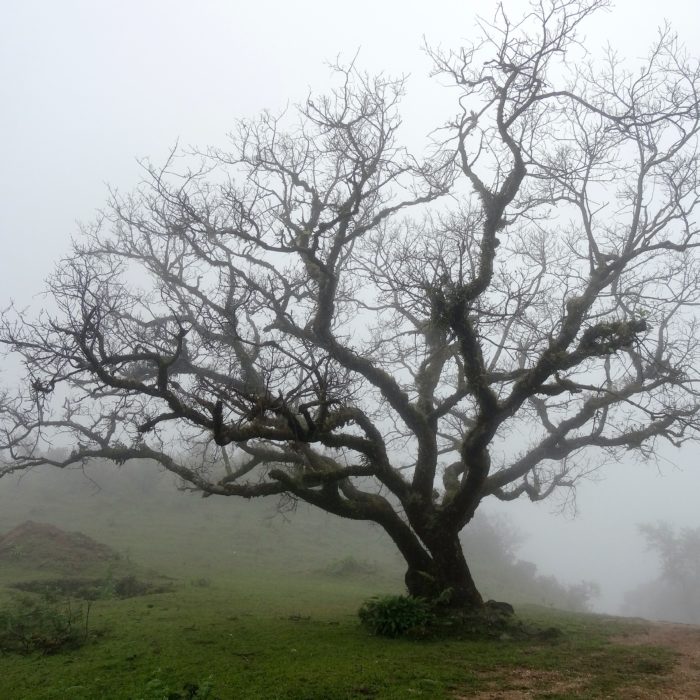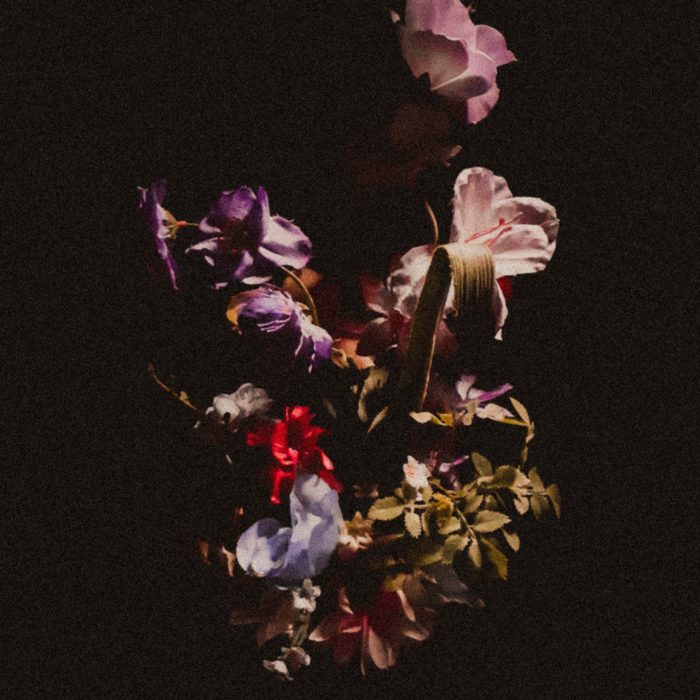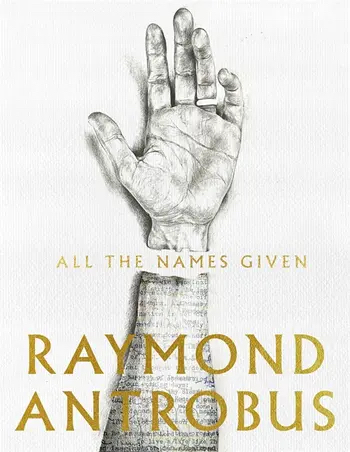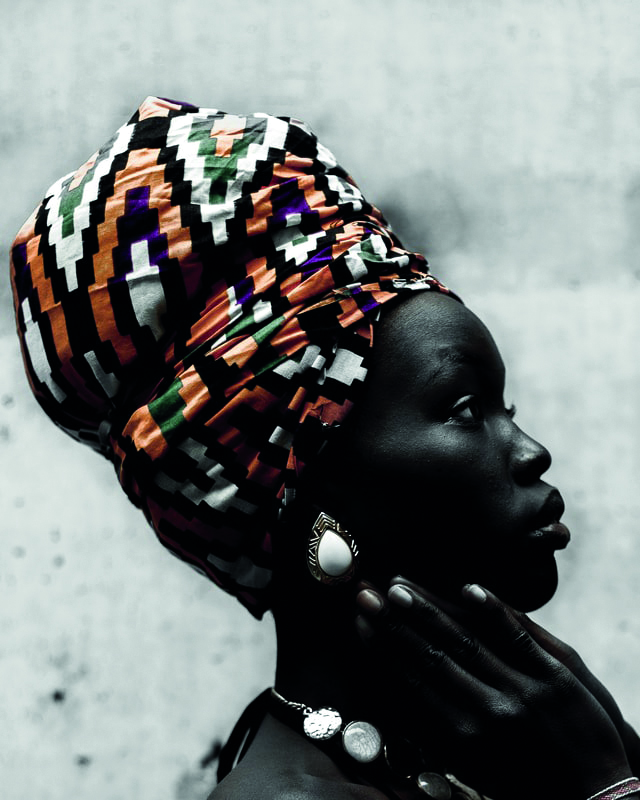You have no items in your cart. Want to get some nice things?
Go shoppingThe Present
for Claudia Roquette-Pinto
At the red light a boy asks me for a handout. He sees my weary face, my muscles signalling urgent needs, my life catching its breath, my fears. At the red light I say I’m fleeing from something toward something else far away.
The boy gives me a handout: his smile. As time stands still, I realise it’s me smiling in the boy while it’s me here on this side, in my car, and the boy and I share our gaze. Without despair, without hope.
When the light turns green, my hands are slow to go back to the world honking outside, begging for a handout. I feel the car engine nuzzle the pavement, and I am coming from something headed toward something else perhaps not so very far away.
Altitude
Taking the bus up into the mountains is different. Taking the bus up into the mountains, at night, is different. And if it’s a July night, and you’re in a window seat with no one beside you, and nobody’s talking on the bus and you hear nothing but the quiet purr of the engine (new bus), and if there’s no fog, and if there’s something like a piano playing Chopin inside your chest, then everything’s so different that it’s almost as if the world had been created some twenty-four hours ago.
Someone told you they went out yesterday and got back home at five and slept until one in the afternoon and had macaroni with ground beef and chopped frankfurters for lunch. Someone taught you how to say konnichi wa, a Japanese greeting. Someone looked at you kindly, someone else with curiosity (you were probably chewing your lips and making faces while you read in the subway), a taxi driver gave you a bit of a nasty look because it was a short run. Someone kept staring at you, danger in the eyes, and you almost buckled under. All of this was earlier today.
And now you are taking the bus up into the mountains and your soul is made of macaroni with ground beef and metro and a book and konnichi wa. Taking the bus up into the mountains is different. At night. The sky is dark, with stars, oh so many stars, flung haphazardly across it, and the trees are grey and sometimes pass right outside the windowpane. Along one stretch they drop completely away and you see the cities down below, clumps of light like tiny organised fires, and the biggest of them all, the huge fire, uncontrollable but pacified, is Rio, a flat sparkling strip that you left behind on the nine o’clock bus.
And suddenly you wonder: how many metres up, how many kilometers away? But what does it matter if the world is twenty-four hours old, and if it is here, in this space between, that everything happens.
Written by Adriana Lisboa and translated by Diane Grosklaus Whitty.
Born in Rio, Adriana Lisboa is the award-winning author of ten fiction books, and has been translated and published in the US, Mexico, France and Italy, among many other countries.
Specialising in academia and the arts, Diane Grosklaus Whitty has translated prose and poetry by Marina Colasanti, The Devil and the Land of the Holy Cross by Laura de Mello e Souza, and Baroque: the Soul of Brazil by Affonso Romano de Sant’Anna.





